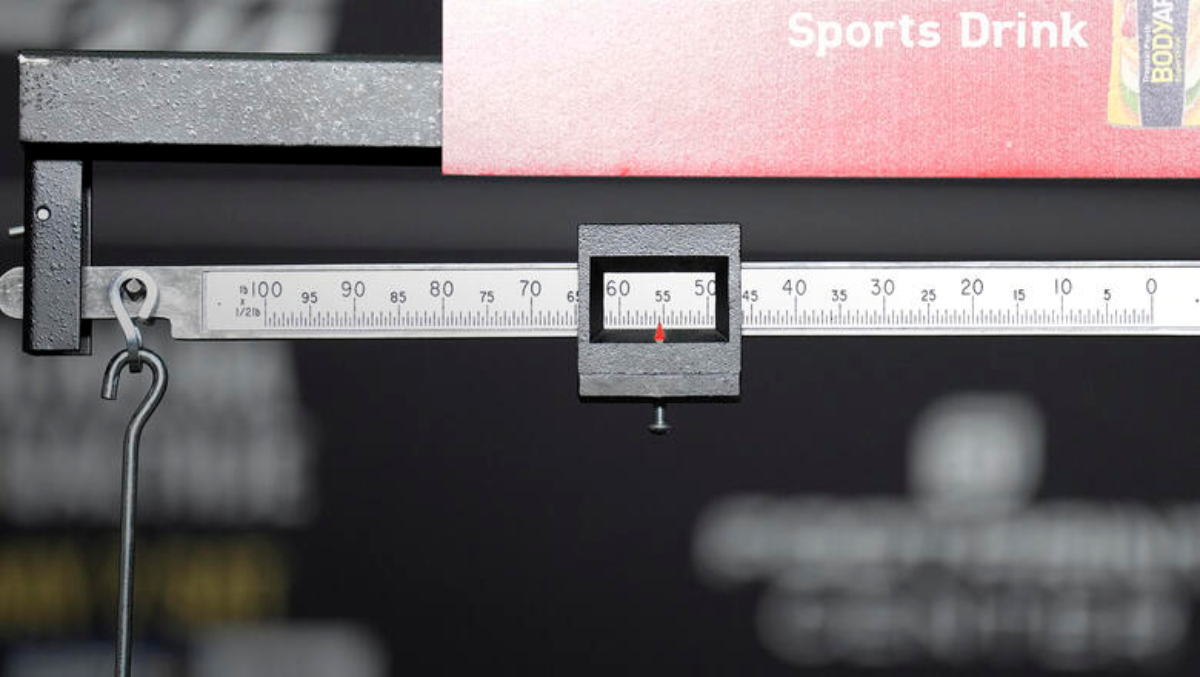PROTECT YOUR DNA WITH QUANTUM TECHNOLOGY
Orgo-Life the new way to the future Advertising by Adpathway
Thinking of stepping up from a half to a full marathon? We’ve got all the expert training advice you need to make your marathon debut a success.

Image: Canva
If you’ve already conquered a half marathon, you’re in a strong position to take the next step and train for the full 26.2 miles. Moving up to marathon distance is an exciting milestone, but it’s completely normal to feel a bit nervous about what lies ahead. After all, running a marathon is no small feat. The good news? You don’t have to figure it all out alone, we’re here to help make the journey feel more manageable and a lot less scary.
Choosing the right marathon for you
There are a lot of marathons out there, so you can really be picky about which one is the right fit for you. There’s a lot of hype around some races and you might find yourself swept up in ballot fever or pressing ‘enter’ without considering if it’s the right fit for you. There are a lot of factors to think about.
Timing of the race is an important one and how training might fit into your life. There are two main marathon ‘seasons’ in the UK: spring and autumn. Spring marathons are mainly in April, while autumn races are mostly September and October. Whichever you choose, you’ll need to give yourself around 16 to 20 weeks to train.
As well as dates, you get to choose whether you want a road or a trail race, whether you like the idea of a big crowd or a smaller affair and whether you stay close to home or travel somewhere else – maybe even racing abroad. The most important thing is that you enter a marathon that excites and motivates you – you’re going to need that motivation on those long training runs.
Check out our list of the UK’s flattest marathons.
Build-up races from half to full marathon
Once you’ve picked your goal marathon, you can also enter a couple of half-marathons along the way. These can act as mini targets within your big plan and can provide a rehearsal for the main event – your goal marathon.
The important thing to remember is not to get too carried away in your build-up races – remember the main goal is the marathon. So if you’re looking for a half marathon PB, try to do this at least six weeks out from marathon race day so that you have time to recover and continue training towards the full marathon.
Image: Canva
Choose the right marathon training plan
Picking the right marathon training plan for you is essential. All runners are different and you need a plan that matches your current fitness and goals. Look at the running you’re currently doing – your training plan should start at a similar level to this. So if you currently run three times per week, jumping into a marathon plan that has five runs each week is probably going to lead to you doing too much, too soon.
We’ve got plenty of marathon training plans including a first timer plan and a three runs per week plan.
Running longer to build from half to full marathon
While half-marathon training can take you almost to race distance in your long runs, when you’re training for a marathon, your longest run will be around 18 to 20 miles. This often leaves runners wondering how they’ll be able to cover those last 6-8 miles on race day and some consider doing longer training runs. But 18 to 20 miles is plenty of running to prepare you for the marathon. Any more than this and it may take you too long to recover in time for your race.
Remember, you’ll be running the 20-mile long run on tired legs from all of your training, so it’s more like the last 20 miles of the marathon than the first. On race day, your legs will be fresh from your taper. If a 20-mile long run is likely to take you longer than 3 hours 30 min to complete, you’d be better sticking to 18 miles as your longest run.
Image: Canva
Fuelling your runs
While training for your half marathon, you may have found yourself feeling hungrier, achier and more tired than usual. For your marathon, it’s likely you’ll feel the same. Ensuring you’re eating enough calories to fuel your training, and enough of the right calories to perform at your best, is key. As you up your mileage, it’s essential to up your carbohydrate intake to meet your energy demands and introduce more protein into your diet to fuel repair and recovery.
As your runs get longer, you’ll need to experiment with taking on fuel during your runs. There are lots of sports nutrition options including energy gels, carbohydrate chews and sweets. Make sure you experiment with products in training to find the right ones for you and don’t try anything new on race day.
Recovery when building from half to full marathon
With all the running that you’re going to be doing, it’s important that you also give your body a proper chance to recover. If you recently completed your half marathon, give yourself time to recover from the race before you crack on with marathon training.
Make sure you’re having at least one complete rest day each week (no running, cross training or strength training on this day). Marathon training can be a bit of a juggle, but try to spread your runs out as much as possible so you’re not doing too many back-to-back. Finally, try to get an early night – sleep is essential for your body to recover and help you get stronger.
If you’re training for a marathon, you’ll want to check out our strength plan.




















 English (US) ·
English (US) ·  French (CA) ·
French (CA) ·